Exceptional Educational Experience
Cornwall Learning Education Trust
Family of schools
-
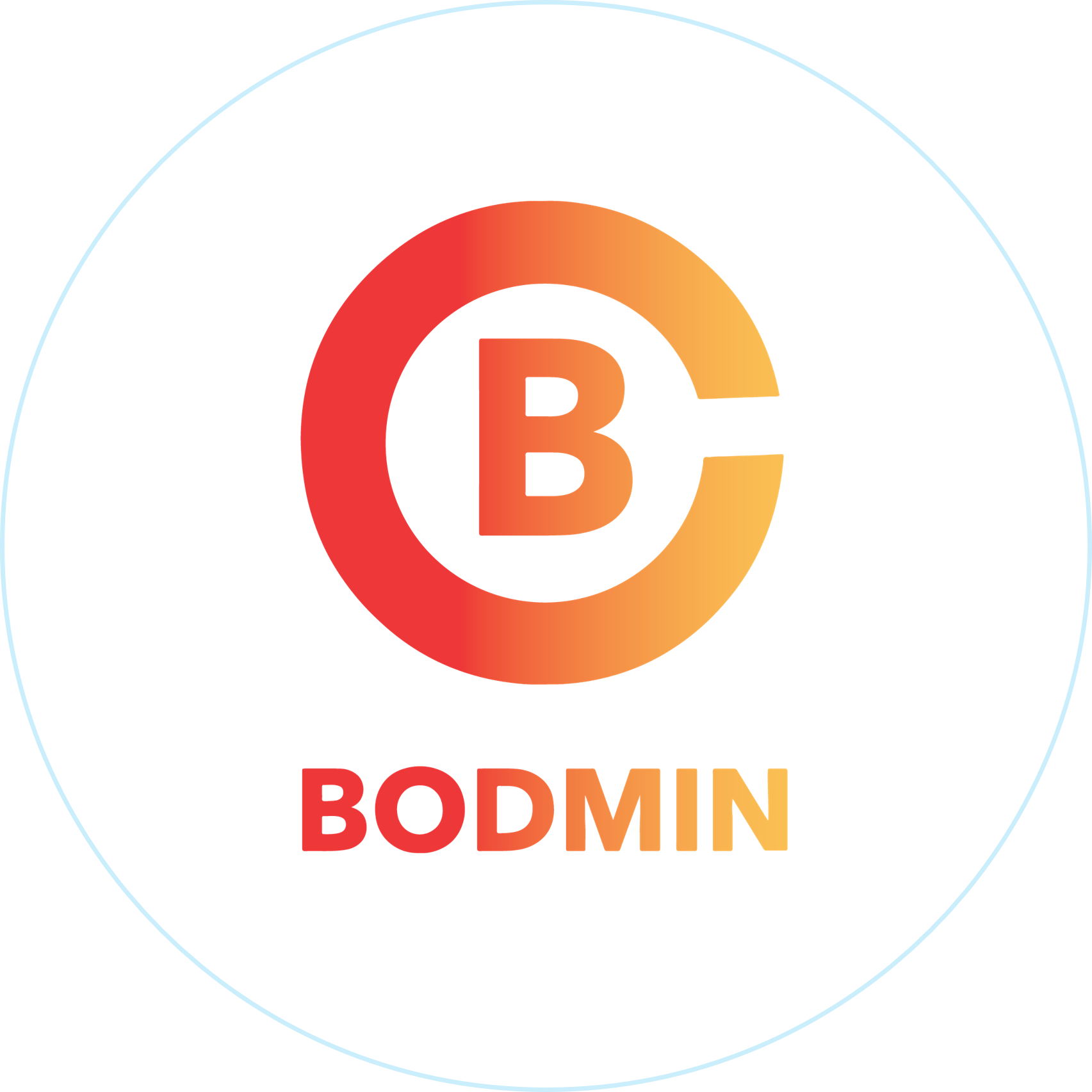
Bodmin College
-
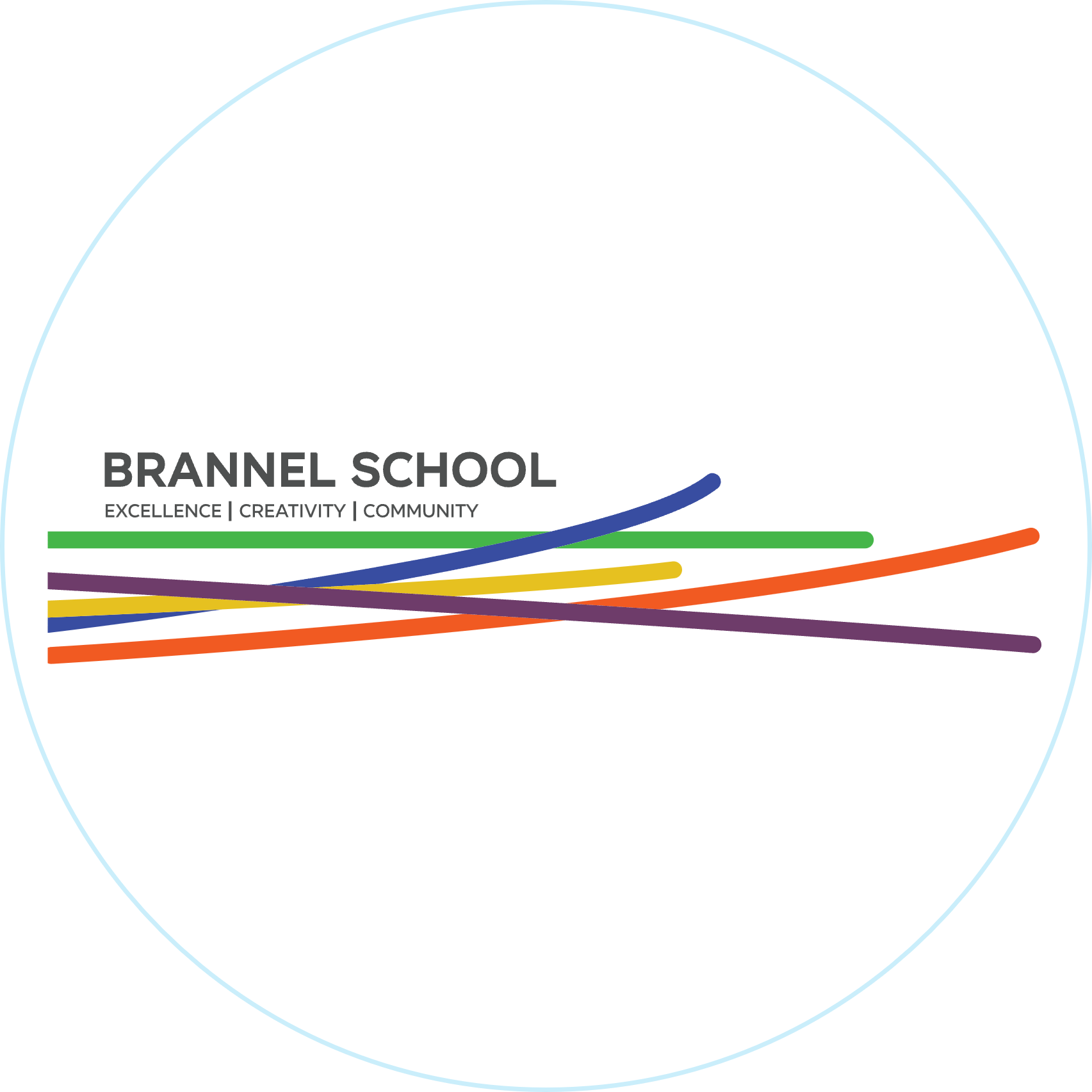
Brannel School
-

Carclaze Community Primary School
-
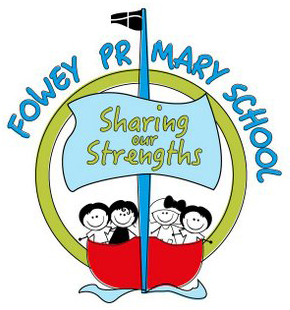
Fowey Primary School
-
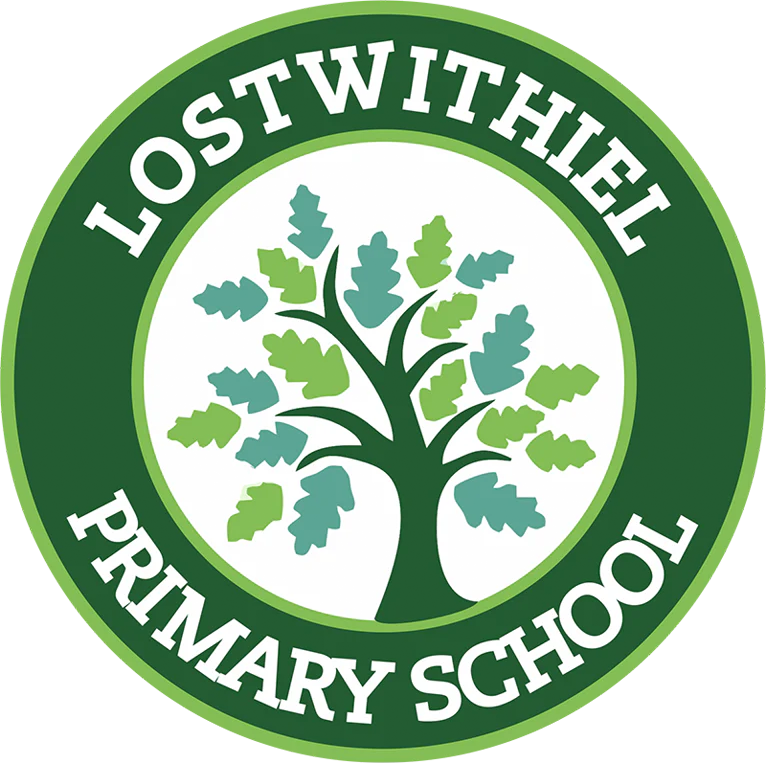
Lostwithiel Primary School
-

Luxulyan School
-
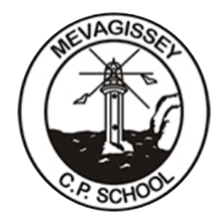
Mevagissey C.P. School
-
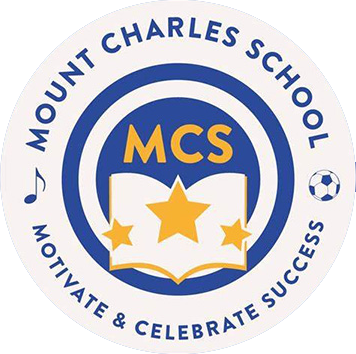
Mount Charles School
-

Newquay Junior Academy
-

Newquay Primary Academy
-

Newquay Tretherras School
-

Penrice Academy
-
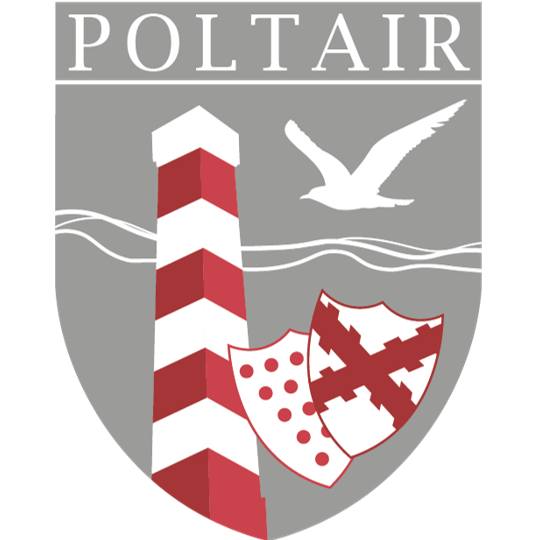
Poltair School
-

Pondhu Primary School
-
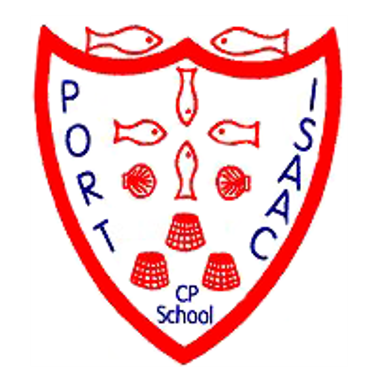
Port Isaac Community Primary School
-

St Mewan Community Primary School

Inclusion
Our vision for inclusion
“A community where every learner is seen, valued, and empowered to thrive.”
At Cornwall Education Learning Trust, we believe every learner should feel valued for who they are and be given the right support to thrive. Learners with Special Educational Needs and/or Disabilities (SEND) are at the heart of our inclusive community.
We want families to feel confident that their learner will be supported to learn, achieve, and grow – both in school and in life.
What SEND means
Some learners need extra help with their learning. A learner is considered to have SEND if they:
-
Find learning harder than most learners their age, or
-
Have a disability that makes it difficult to access school life in the same way as others.
There are four main areas of need we support:
-
Communication & Interaction (C&I) – speech, language, and social communication needs.
-
Cognition & Learning (C&L) – difficulties with thinking, understanding, or learning, including dyslexia and dyscalculia.
-
Social, Emotional & Mental Health (SEMH) – challenges with emotions, behaviour, or mental health.
-
Sensory and/or Physical Needs – hearing, vision, physical, or sensory processing difficulties.
How we support learners
All learners benefit from high-quality teaching in the classroom. At CELT, staff use Learning and Teaching Chronicles to guide how we teach.
Alongside this, we use the Adaptive Teaching Toolkit (ATT). This breaks teaching down even further, giving staff practical strategies to adapt lessons for learners who might need extra support. For example, breaking down instructions, using visuals, or changing resources so they are easier to access.
To support this, every staff member also has access to the Curate and Narrate document. This sets out the obstacles to learning for identified learners and highlights the strategies that work best for them. It makes sure that staff know how to put the right adaptations in place, so learners feel included and able to succeed in class.
Every learner with SEND has a Student Success Plan. We make this together with the learner, parents and carers, and we review it each term.
Together, the Chronicles, ATT, and Curate and Narrate make sure that teaching is consistent, inclusive, and flexible — meeting the needs of every learner.
Working with families
We believe parents and carers are experts on their learners, and we work together by combining their knowledge with our professional expertise.
Meet our Inclusion Team
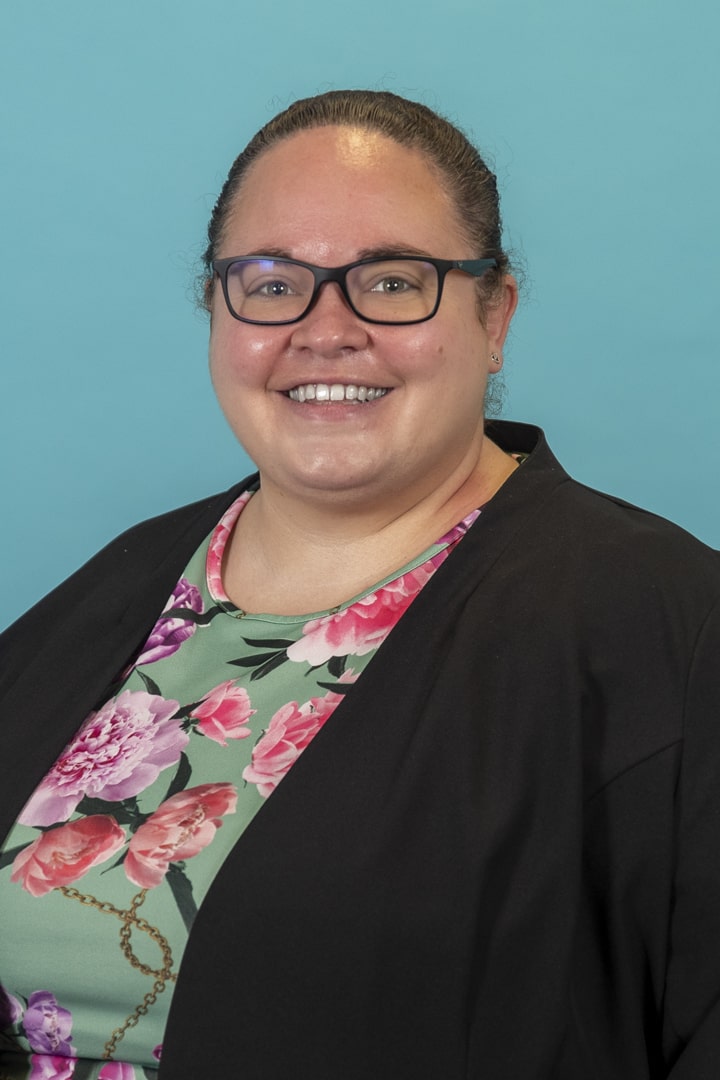
Amy Daniels
Director of Inclusion
Leads inclusion across CELT and makes sure it is part of everything we do.
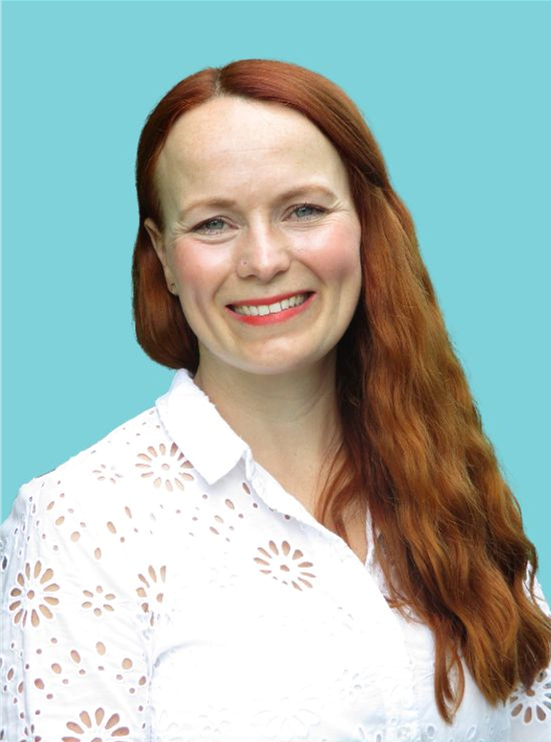
Karen Dickens
Strategic SEND Lead
Oversees SEND, ensures inclusion is at the heart of all we do, and makes sure families and learners get the right support as early as possible.
Specialist SENDCos
Specialist SENDCos provide expertise, oversight, and consistency across CELT. Their role includes:
-
Expertise in a specialist area
Each specialist SENDCo leads in one of the four areas of SEND:
-
Communication and interaction
-
Cognition and learning
-
Social, emotional and mental health (SEMH)
-
Sensory & Physical
-
Strategic oversight
Specialist SENDCos ensure that practice across our schools is consistent, evidence-based and aligned to CELT’s inclusion vision.
-
Diagnostic assessment and case holding
They complete in-depth assessments for learners with complex needs, advise on interventions, and case-hold the most complex learners.
-
Support for Operational SENDCos
Specialist SENDCos guide and mentor Operational SENDCos, offering professional challenge and coaching. They check quality of Student Success Plans and provision maps.
-
Staff development
Our specialists train, coach, and model inclusive strategies outlined in our adaptive teaching toolkit for teachers, LSAs, and support staff – building capacity across CELT schools.
-
Family and agency work
They attend meetings with families, external professionals, and local authority services to shape provision and ensure strong partnership working.
-
They look at things like attendance and progress in their area, and use this information to improve SEND support.
Operational SENDCos
-
Enhance inclusive culture and teaching practice across their named schools.
-
Liaise regularly with Specialist SENDCos for guidance and oversight.
-
Provide diagnostic assessments, inform support strategies, and case-hold learners.
-
Coordinate annual reviews and Education, Health & Care (EHC) assessments.
-
Maintain accurate records, monitor learner progress, and lead the graduated response (Assess, Plan, Do, Review).
-
Communicate with families through a shared SEND email account.
-
Coach and train staff in adaptive teaching strategies to support learners in class.
Specialist support staff
-
Work with identified learners to deliver tailored interventions.
-
Support teachers in the classroom to implement inclusive strategies.
-
Assist with planning, modelling, and evaluating interventions.
-
Offer targeted family support, including workshops and liaison.
-
Provide diagnostic assessments, inform support strategies, and case-hold learners.
Supporting transitions
Change can be tricky – so we make sure learners and families feel supported when moving on to new stages of education. This might be:
-
Starting nursery provision
-
Starting school in Reception
-
Moving up to the next year group
-
Moving from primary to secondary
We plan transitions together with families and learners, so support is ready before the change happens.
Safeguarding
Our staff understand that learners with SEND can face extra safeguarding challenges, and they receive yearly training so we can do our very best to keep every learner safe.
CELT diversity, equity and inclusion day
Key documents and reports
Each school also publishes its own SEND Information Report, updated every year. This explains:
- How the school identifies and supports SEND
- The kinds of needs it can support
- How staff are trained to meet learners’ needs
- How exam access arrangements are managed
You can find these reports on your child’s school website, on the Inclusion page.

